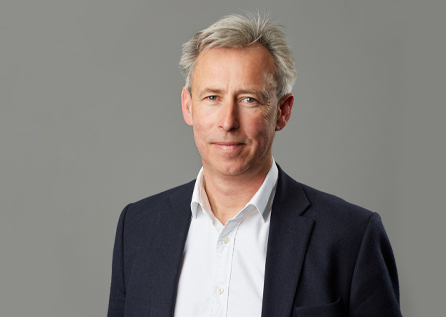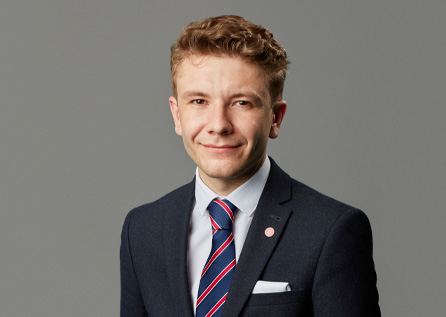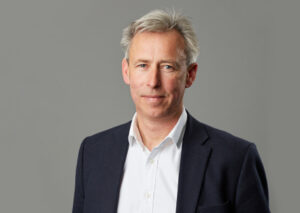Latest news and events
Our Mission
The Faraday Institution is the UK’s independent institute for electrochemical energy storage research, skills development, market analysis, and early-stage commercialisation. It brings together research scientists and industry partners on projects with commercial potential that will reduce battery cost, weight, and volume; improve performance and reliability, and develop whole-life strategies including recycling and reuse.
Our Team

Chief Executive Officer
View ProfilePam Thomas

Chief Operating Officer
View ProfileSusan Robertson

Chief Strategy Officer
View ProfileMatthew Howard

Head of Technology Transfer
View ProfileIan Ellerington

Chief Scientist, Chair of Expert Panel
View ProfilePeter Bruce

Chief Economist
View ProfileStephen Gifford

Head of Commercialisation
View ProfileNick Smailes

HEAD OF PROGRAMME MANAGEMENT
View ProfileJames Gaade

Financial Analyst
View ProfileAlison Green

Communications Lead
View ProfileLouise Gould

Education and Training Lead
View ProfileFran Long

Executive Assistant and HR Officer
View ProfileVicki Harper

Business Intelligence Manager
View ProfileGareth Hartley

Research Project Manager
View ProfileBen de Laune

Digital and Social Media Co-ordinator
View ProfileSophia Constantinou

Research Project Manager
View ProfileSylwia Waluś

Contracts and Compliance Administrator
View ProfileAndrea Strange

Training Co-ordinator
View ProfileMichelle Liddiard
The UK is Primed for a Battery Revolution
Of the world's top 10 universities are in the UK
The UK is currently the 5th largest vehicle producer in Europe.
% all vehicles made in Britain are exported
% of UK’s total exported goods in 2019, totalling £48 bn, were cars
% global market share for UK of aerospace industry in 2018
million people worldwide do not have access to electricity
million tonnes of CO2 emissions p.a. could be saved by replacing 25m diesel generators with energy storage technologies
RESEARCH PROGRAMME
Established to overcome key industrial challenges in energy storage technology, the Faraday Institution research programme spans ten major research projects in lithium-ion, beyond lithium-ion technologies and battery recycling. Together, these projects bring together over 20 UK universities, around 50 industry partners and 470 researchers passionate about leading Britain’s energy future.
BEYOND LITHIUM ION
Faraday Battery Challenge
The Faraday Battery Challenge represents a UK Government investment of £330 million between 2017 and 2022. The challenge aims to support a world-class scientific, technology development and manufacturing scale-up capability for batteries in the UK. The challenge is focused on developing cost-effective, high-performance, durable, safe and recyclable batteries to capture a growing market.




































